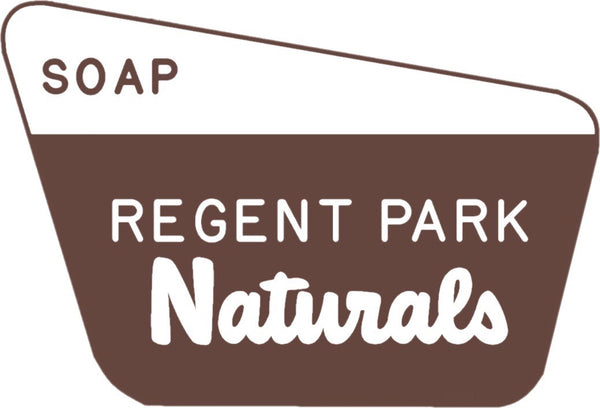
Sumac Soap vs. Traditional Soaps: Which is Better for Your Skin?
Share
Sumac is a plant that has been used for its medicinal and culinary properties for centuries. However, sumac is also used in soap-making as a natural source of astringent properties. Sumac contains high levels of tannins, which have astringent and antiseptic properties. Astringents help to tighten and tone the skin by constricting the pores and reducing oiliness. They also help to reduce inflammation and soothe the skin.

In soap-making, sumac can be used as an alternative to other astringent ingredients, such as witch hazel or tea tree oil. Sumac is often used in natural, handmade soaps because it is a gentle, plant-based ingredient that can help to cleanse and tone the skin without causing irritation or dryness.
To use sumac in soap-making, the plant is typically ground into a powder and then added to the soap mixture during the soap-making process. The soap mixture is then poured into molds and allowed to harden and cure for several weeks before it is ready to use.
Regent Park Naturals is a company that produces natural skincare products, including soaps, that are made with high-quality sumac, and other wild foraged plant-based ingredients.
